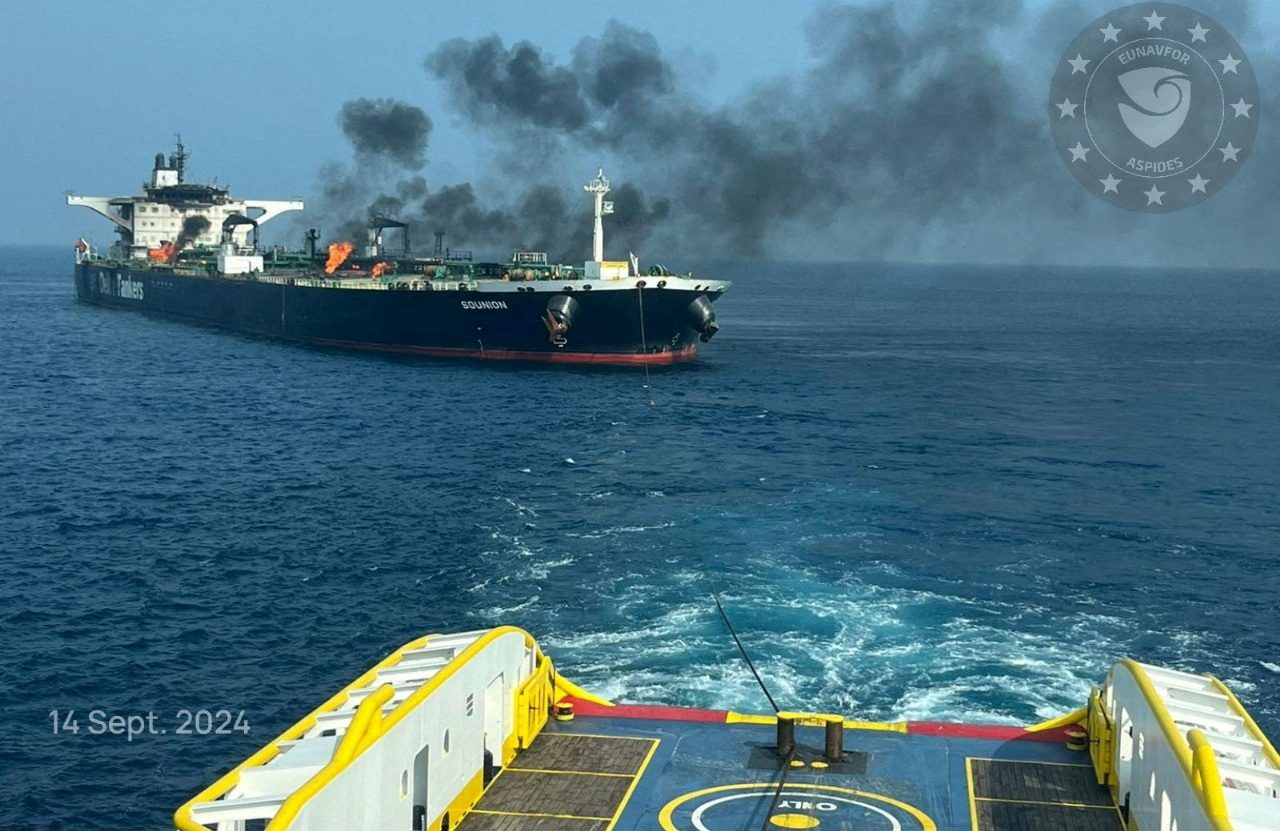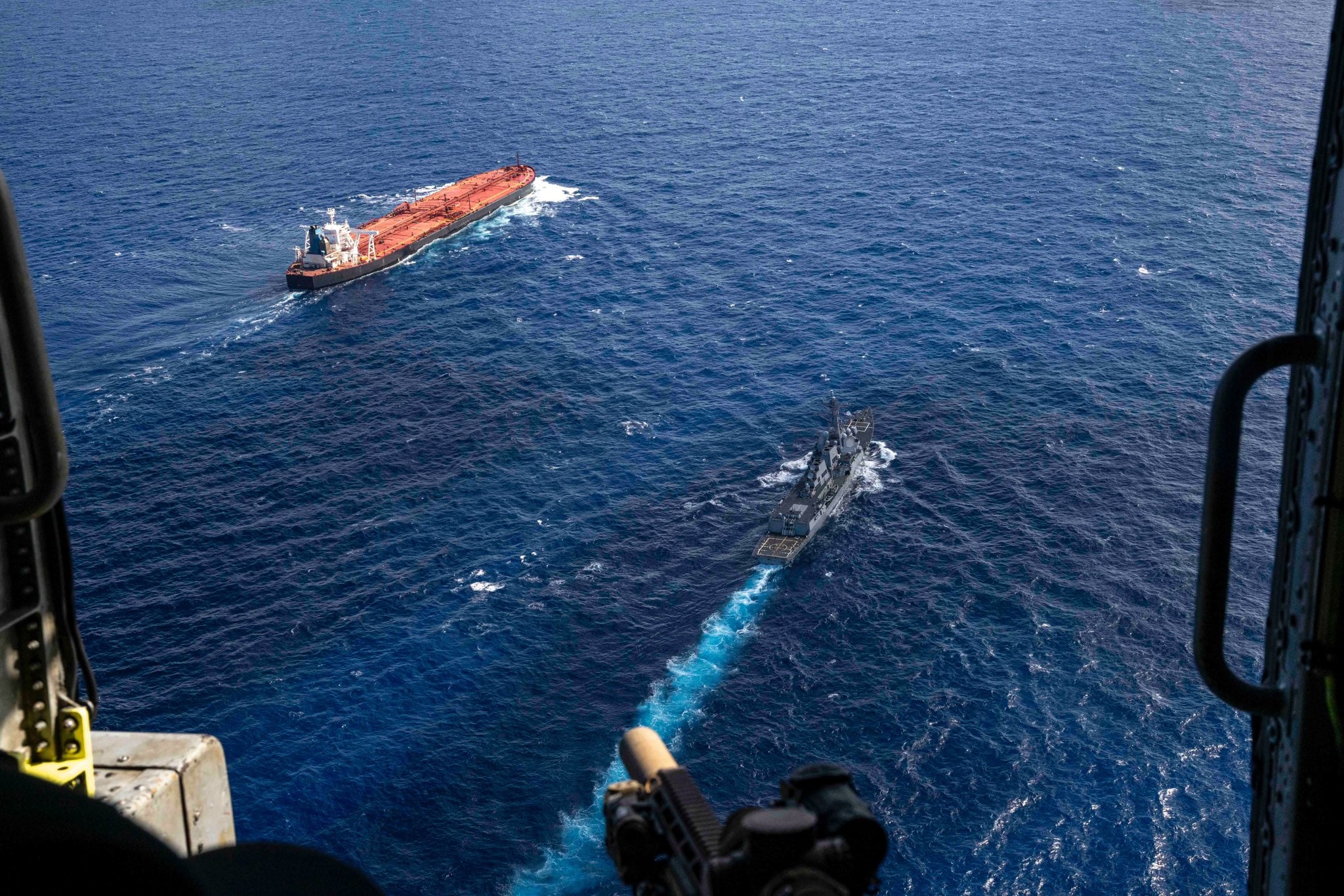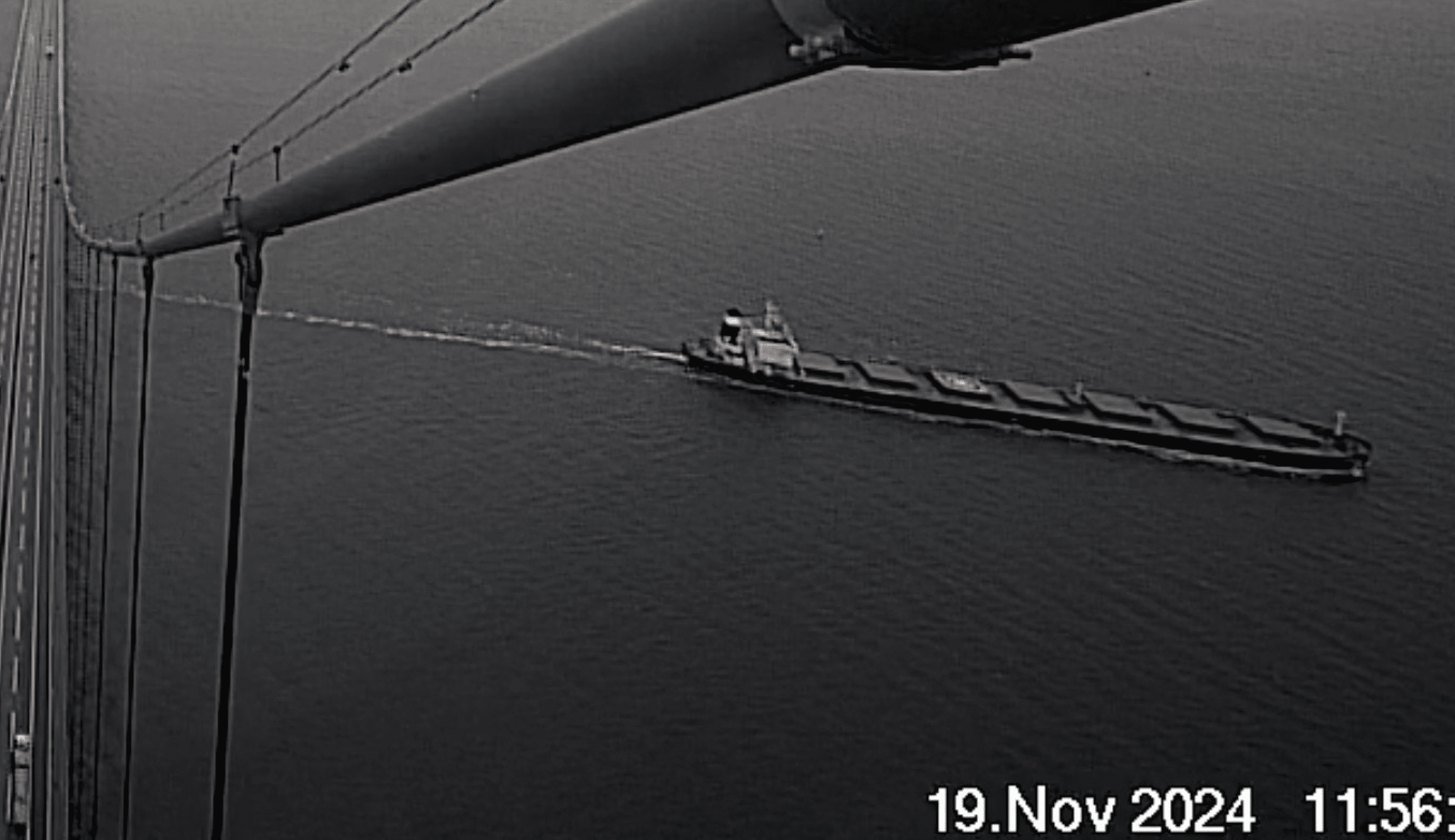Despite reaching record-low vessel losses in 2024, the maritime industry faces mounting challenges from geopolitical tensions and an expanding shadow fleet, according to Allianz Commercial’s latest Safety and Shipping Review.
The report reveals that only 27 large ships were lost worldwide in 2024, marking a 20% decrease from the previous year’s 35 vessels and representing the industry’s lowest-ever total. This improvement is particularly notable when compared to the 1990s, when the global fleet was losing more than 200 vessels annually.
However, the positive trend in maritime safety is being tested by escalating trade conflicts and political risks. US-China trade tensions have significantly impacted global maritime commerce, with approximately 18% of global maritime trade now subject to tariffs as of mid-April 2025, a sharp increase from 4% in early March.
Of particular concern is the growing shadow fleet, which now comprises about 17% of the world’s tanker fleet. Nearly 600 tankers are involved in trading Russian oil alone, with these vessels being implicated in numerous incidents including fires, collisions, and oil spills.
“The shadow fleet continues to pose a serious risk to maritime safety and the environment,” warns Justus Heinrich, Global Product Leader, Marine Hull at Allianz Commercial. “Many are likely to be older vessels that are poorly maintained and inadequately insured. An oil spill involving a shadow fleet tanker could result in cleanup costs of up to US$1.6 billion, which would likely fall to taxpayers”.
Traditional risks continue to challenge the industry. Fire incidents reached a decade high in 2024, with 250 reported cases, marking a 20% increase year-on-year. About 30% of these fires occurred on container ships, cargo vessels, or roll-on roll-off vessels.
The British Isles emerged as the region with the highest number of shipping incidents (799), followed by the East Mediterranean and Black Sea (694). Machinery damage or failure was the leading cause, accounting for over half of all global shipping incidents (1,860).
Captain Rahul Khanna, Global Head of Marine Risk Consulting at Allianz Commercial, highighted the complex nature of current maritime challenges: “While the shipping industry is becoming more resilient against risks associated with large vessels, multiple challenges persist. Cyber-attacks and GPS interferences are increasing. Despite ceasefires raising hopes, the Red Sea security threat and supply chain disruption will likely remain. Meanwhile, the green transition requires substantial work”.
With 90% of international trade transported by sea, the industry must navigate an increasingly complex risk landscape while maintaining its focus on traditional safety concerns. The report suggests that despite progress in reducing total losses, the combination of geopolitical tensions, environmental challenges, and technological risks will continue to test the maritime sector’s resilience.
Editorial Standards · Corrections · About gCaptain

 Join The Club
Join The Club











